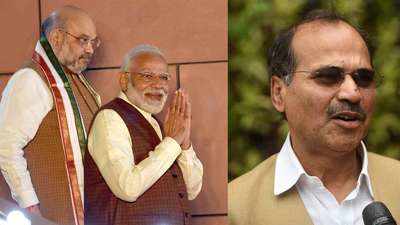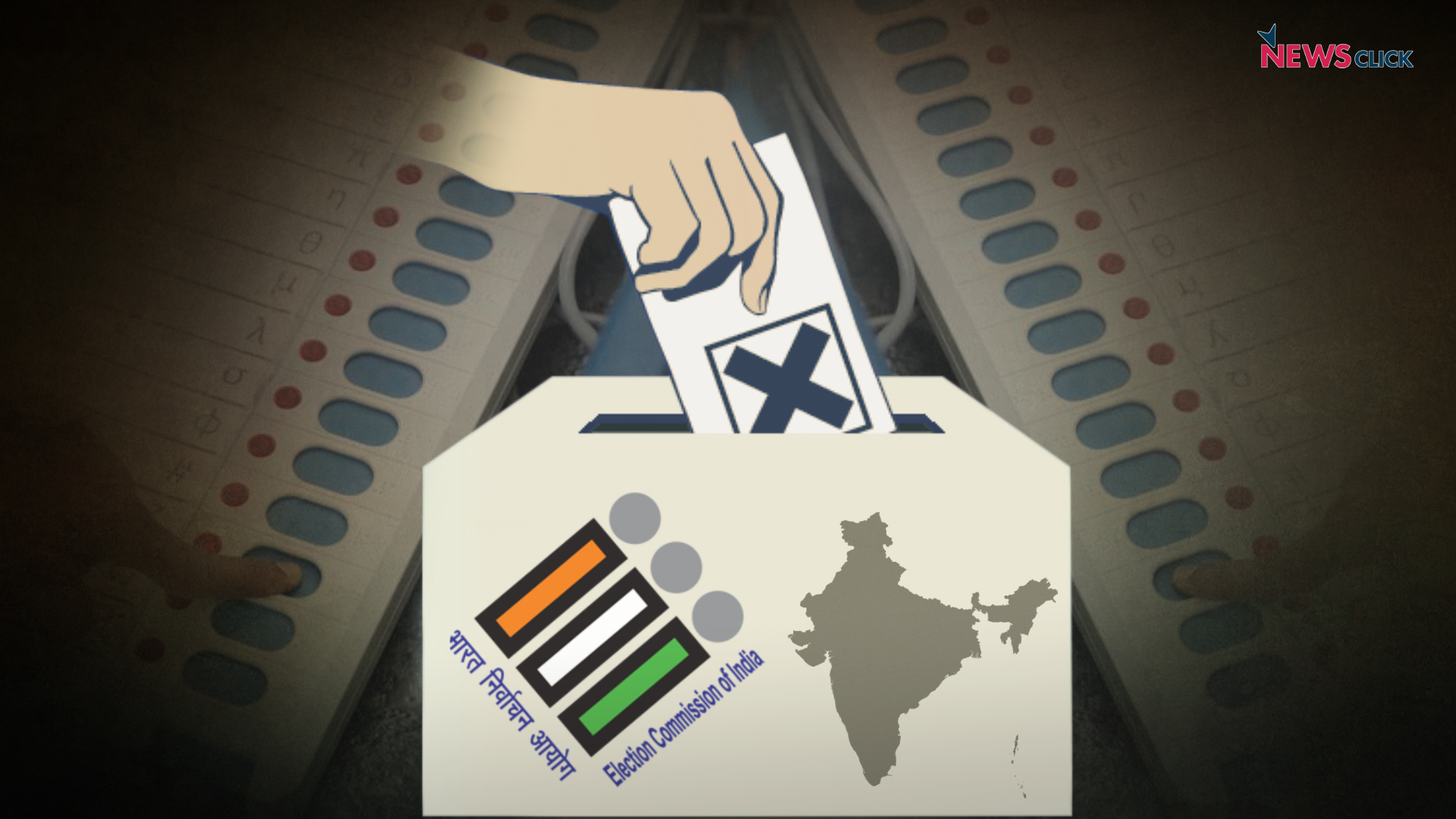Prime Minister Narendra Modi will lead a high-powered committee on March 14 to select two new election commissioners for the Election Commission of India (ECI).
The appointments come at a critical juncture, with the nation gearing up for the 2024 Lok Sabha elections and the recent resignation of former commissioner Arun Goel raising concerns from opposition parties.
The selection process has drawn intense scrutiny, as the new commissioners will play a crucial role in upholding the fairness and credibility of the upcoming national polls.

Alongside Modi, the high-stakes selection committee comprises Union Home Minister Amit Shah and the Leader of the Congress in the Lok Sabha, Adhir Ranjan Chowdhury.
Their decision will fill the vacancies created by Goel’s unexpected resignation and the retirement of Anup Chandra Pandey on February 14, leaving Chief Election Commissioner Rajiv Kumar as the sole member of the poll body.
The Candidates and Qualifications
While specific names of top candidates being considered have not been officially disclosed, the selection committee is expected to evaluate potential appointees based on their professional backgrounds, qualifications, and experience in electoral matters.

The eligibility criteria mandates that candidates must have held or be holding a post equivalent to the rank of Secretary to the Government of India, demonstrating integrity, and possessing knowledge and experience in the management and conduct of elections.
Individuals with prior experience in election administration, public service, or legal expertise are likely to be considered, given the intricate nature of the role.
The committee will likely prioritize candidates who understand the complexities of electoral processes, uphold principles of fairness, impartiality, and transparency, demonstrate leadership and commitment to democratic values, and have a track record of upholding the independence of institutions.
Stakeholder Reactions and Concerns
Opposition political parties have welcomed the Supreme Court’s ruling that the appointment of election commissioners should be based on recommendations from a panel comprising the Prime Minister, the Leader of Opposition, and the Chief Justice of India. This move aims to enhance transparency and credibility in the selection process.
However, concerns have been raised about the circumstances surrounding Arun Goel’s abrupt resignation, with allegations of potential differences with the government fueling apprehensions over the ECI’s autonomy.
Civil society organizations and advocacy groups are expected to voice their endorsements or concerns based on the transparency and fairness of the appointments.
Past controversies surrounding the appointment of election commissioners have centered on issues of transparency, independence from undue executive influence, and legal challenges to appointments. Comparisons to previous selections may provide insights into any improvements or persistent challenges in the process.
Former election commissioners and legal experts have often emphasized the need for appointments based on merit, competence, and adherence to constitutional norms, underscoring the significance of these roles in upholding the democratic process.
Legal and Procedural Aspects
The specific legal requirements and procedural steps for the appointment of election commissioners involve recommendations from the selection committee, followed by a presidential appointment.
Once appointed, the commissioners have a fixed tenure of six years or until the age of 65, whichever is earlier. They are accorded the same status and perks as Supreme Court judges, reflecting the importance of their roles.
Role and Responsibilities
Election commissioners play a pivotal role in overseeing elections to Parliament, state legislatures, and other elected offices, ensuring the conduct of free and fair polls. Their responsibilities include upholding the democratic process, maintaining electoral integrity, and safeguarding the rights of voters.
As the nation gears up for the 2024 Lok Sabha elections, the new appointments will significantly influence the ECI’s decision-making and operations in the lead-up to these crucial national polls.
The commissioners’ independence, impartiality, and commitment to democratic principles will be put to the test as they navigate the complexities of managing a nation-wide electoral exercise.
Timeline and Process
The selection committee’s decision on the new appointments is expected to be finalized and announced either on the same day or the day after the March 14 meeting. Subsequently, procedural formalities will follow, including the formal appointment by the President of India.
Dynamics within the Selection Committee
The differing political affiliations and ideologies of the selection committee members – the Prime Minister from the ruling party, the Union Minister likely from the same party, and the Opposition leader – could significantly influence the decision-making process.

While the Prime Minister’s position holds considerable weight, negotiations and consensus-building will be crucial to strike a balance between party preferences.
Potential conflicts of interest may arise if committee members have personal or party-related interests in specific candidates, underscoring the need for transparency and adherence to meritocratic principles throughout the selection process.
In the historical context, the Election Commission of India has been a guardian of electoral integrity since 1950, overseeing national and state elections and ensuring free and fair processes.
Despite India’s diversity and potential fractiousness, the ECI has maintained its credibility, asserting its autonomy as the Congress Party’s dominance declined. However, the rise of the Hindu Nationalist BJP poses a test for the ECI’s enduring role in upholding democratic values.
Anecdotes and Challenges
While the ECI has faced pressure from the executive and governing parties, its successful resolution of legal battles involving high-profile figures, such as cricketers embroiled in conflicts of interest, demonstrates its resilience and commitment to upholding principles.
However, the changing political dynamics in India continue to test the ECI’s endurance as the nation’s guardian of electoral integrity.
Also read: Arun Goel’s Shocking Resignation as Election Commissioner Ahead of Crucial 2024 Polls












Comments 3